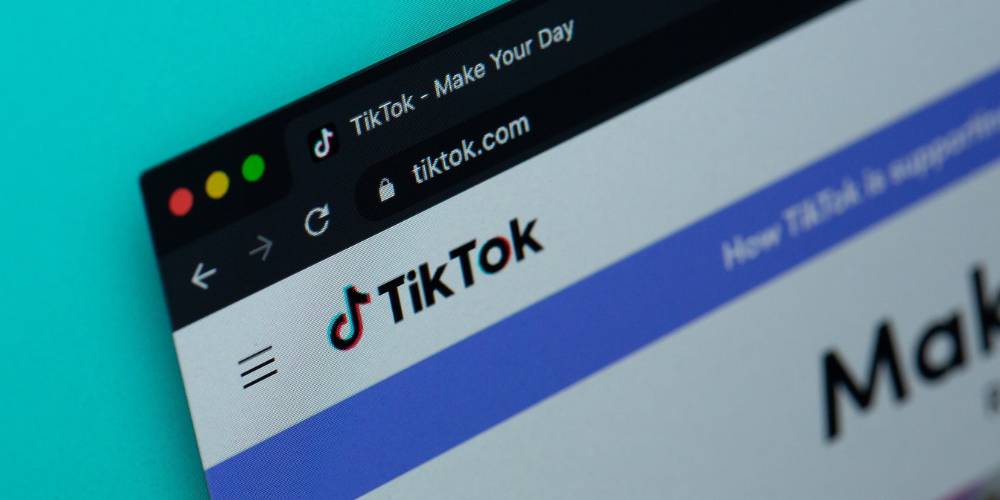TikTok's Efforts to Delay EU Antitrust Regulations Hit a Legal Roadblock
Feb-13-2024

The dynamic digital realm is consistently subject to closer scrutiny by regulatory bodies, particularly in the European Union (EU), where officials are keen on maintaining fair competition and consumer protection. TikTok, a social media titan, recently encountered a significant setback in its endeavors to navigate the complexities of EU's legislative environment. An EU court has firmly denied TikTok's plea to delay the application of stringent new rules under the Digital Markets Act (DMA), pushing the platform to comply without respite.
The heart of TikTok's legal woe lies in the Digital Markets Act (DMA), which corrals influential tech entities into a gatekeeper status due to their substantial market power and wide-reaching influence. These so-called gatekeeper platforms are subject to a plethora of obligations to ensure fair competition and consumer choice. TikTok, owned by ByteDance, contested its designated status and sought an interim measure to provide breathing space while its appeal was in adjudication.
The call for a temporary suspension was grounded in concerns over premature compliance and potential exposure of confidential information. However, the EU's General Court dismissed these apprehensions, declaring that TikTok had not convincingly demonstrated the urgency or the gravely damaging consequences it purported. As a result, the social media giant is compelled to initiate adaptations to its operations, aligning with its peer companies such as Apple and Google in offering third-party businesses access to its services, securing explicit user consent for personalized advertising, and facing substantial financial penalties for any non-compliance with the DMA.
In a parallel challenge layering TikTok's European troubles, the platform also faces scrutiny under the new Digital Services Act (DSA) addressing the adequacy of its content moderation systems, especially concerning the safety of underage users. Alarmingly yet unsurprisingly, this investigation emanates from the recent adjustments TikTok implemented in its services for EU users, which regulators suspect may be insufficient in safeguarding minors' interests.
As the dust settles on the court's decision, TikTok's operative landscape in the EU is undergoing a seismic shift. The rejections of its legal maneuvers signal a resolute European stance on the application of antitrust laws to digital giants. Regardless of ByteDance's anticipations or apprehensions, TikTok must now embark on a swift transformation to align with the DMA mandates, a journey being closely monitored by competitors and regulators alike. The regulatory rigor in Europe sets a precedent, highlighting the balancing act between innovation-driven growth and the imperative for equitable digital marketplaces.






